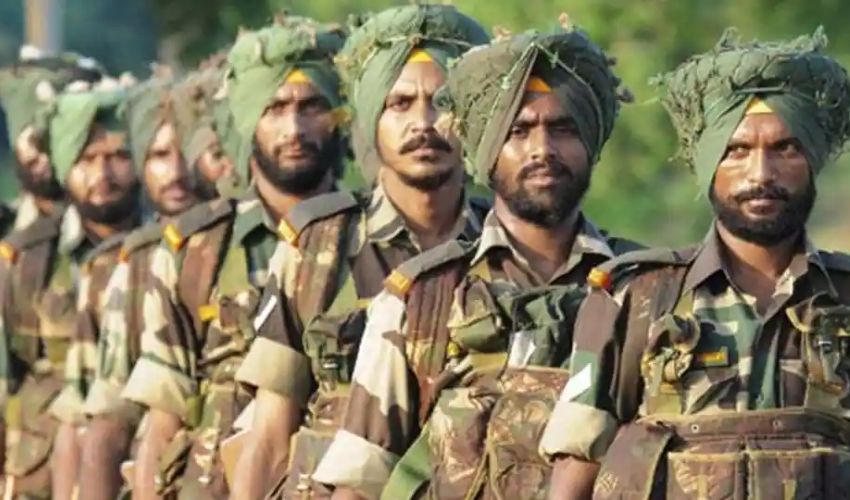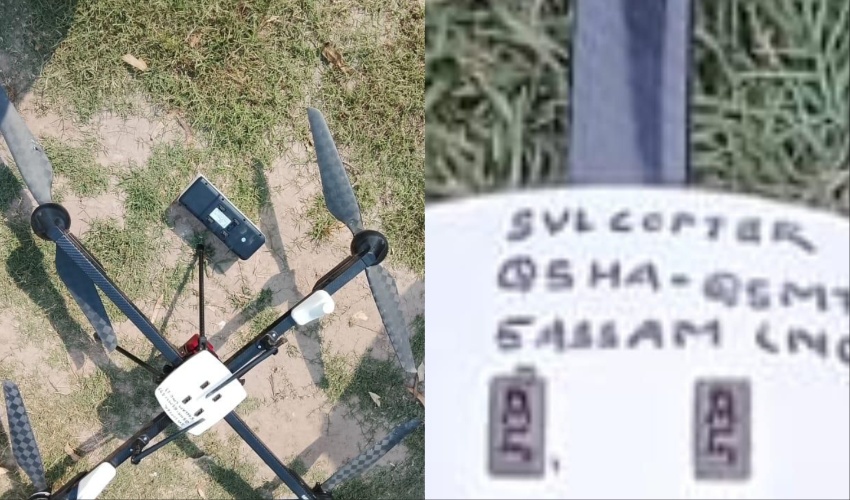The latest internet trend, driven by artificial intelligence, swept across social media platforms, captivating users worldwide with lifelike images of AI-generated action figures.
The figurines, although entirely digital, appeared realistic enough to mislead at a glance. ChatGPT's new image generator, offered free of charge, enabled users to transform themselves into plastic-packaged miniatures. From TikTok to LinkedIn, platforms saw a deluge of these stylised caricatures.
Among the viral creations, users viewed an image of footballer Lionel Messi with a football and several trophies, while a satirical rendering of US President Donald Trump included a MAGA cap and a sign with the word “tariffs”.
Some celebrities took part in the phenomenon. From New York, actor Brooke Shields posted a version of herself as a toy, complete with a miniature dog and needlepoint kit, to her 2.5 million Instagram followers.
Ordinary social media users followed suit. They uploaded their own images into ChatGPT’s system and received similar toy-style portrayals, which they then shared online.
Despite the light-hearted nature of the trend, its widespread appeal prompted concern. The viral movement raised questions about copyright protections and the potential misuse of biometric data submitted to generative AI platforms.
Although the rendering service remained free, OpenAI required users to register for the platform, increasing the tech company’s reach and reputation in the consumer AI space.
From Paris, social media specialist and founder of the agency Digital Pipelettes, Anais Loubere, said the phenomenon stemmed from a “technological breakthrough” in the quality of AI-generated imagery.
Before the action figure craze, the internet had seen another AI-generated trend, inspired by Studio Ghibli’s artistic style. At the end of March, subscribers of OpenAI’s paid service posted images mimicking the Oscar-winning animation studio’s iconic works.
Ahlem Abidi-Barthe, a professor of online marketing, remarked to the foreign news agency that personalisation was the driving force behind the memes. “That tickles the egos of consumers,” she said.
Abidi-Barthe also noted that both trends evoked childhood nostalgia, “which contributes to extreme virality”.
OpenAI chief Sam Altman celebrated the success. “We picked up a million new users in the last hour,” he stated, referring to the moment the image generation feature became available for free.
In March, ChatGPT became the most downloaded application worldwide, surpassing both TikTok and Instagram, as reported by data analysis company Appfigures.
However, concerns about copyright quickly surfaced. Human artists condemned the unauthorised replication of their work, especially in cases where companies like OpenAI had no licensing agreements with original creators such as Studio Ghibli.
Multiple generative AI firms, including OpenAI, faced copyright lawsuits in the United States. As of yet, no court ruling had been issued.
These companies claimed compliance with existing legislation but declined to reveal which copyrighted works had been used in training datasets.
French astronaut Thomas Pesquet, in a statement, called attention to the environmental impact of AI technology. He said significant energy was required for each prompt. The International Energy Agency reported that a single ChatGPT text request consumed 2.9 watt-hours of electricity—ten times the amount of a typical Google search. Image generation, the agency stated, required even more.
Further risks emerged related to personal data. Users often uploaded not only their own photographs but also those of acquaintances or relatives, potentially without consent.
Joe Davies, a tech specialist from the British SEO agency Fatjoe, expressed concern. “When people upload selfies or prompts to these AI generators, they're essentially handing over personal data to companies with unclear intentions. Your image is data, and data has value,” he said.
Loubere predicted the trend’s decline. “These trends aren't meant to last. By the time you see the 50th AI action figure on LinkedIn or Insta, you know it's saturated,” she said.



























